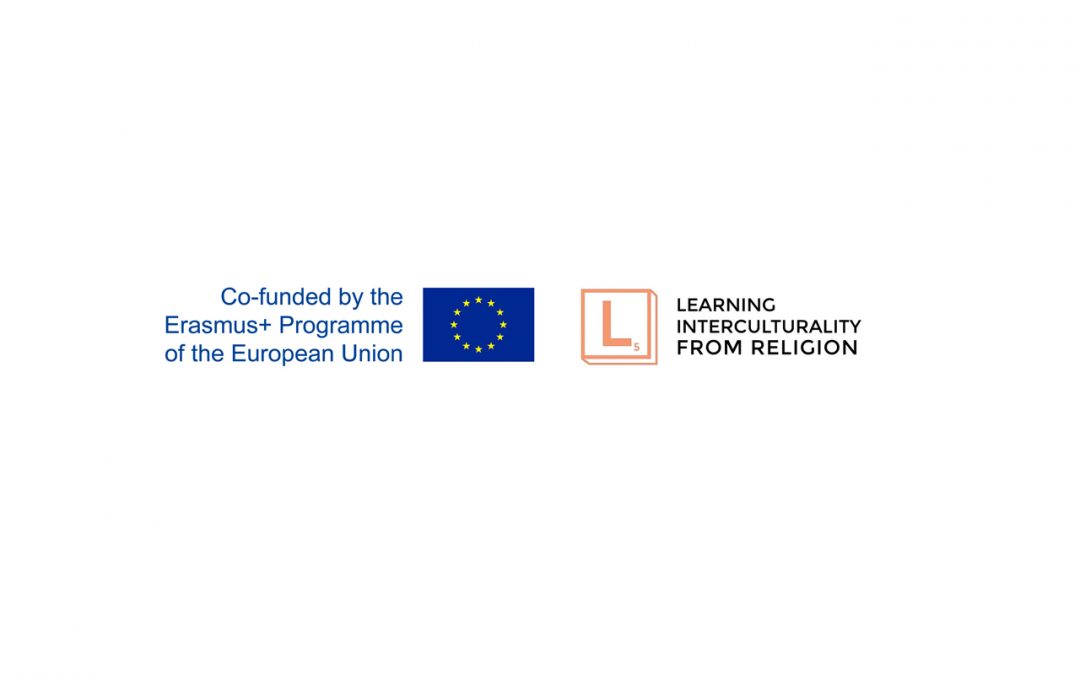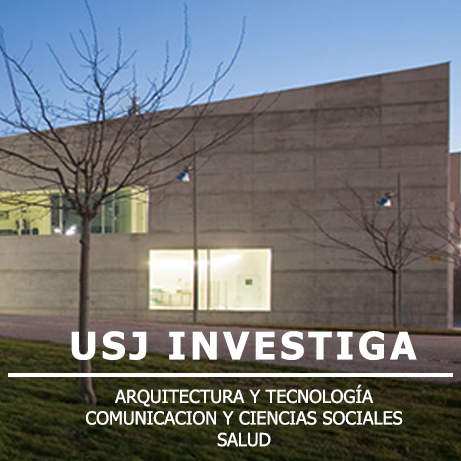Referencia: 2016-1-IT02-KA201-024660
Financiación: Programa Europeo ERASMUS+
Coordinador: Fondazione Hallgarten-Franchetti Centro Studi Villa Montesca (Italia)
Socios: Universidad San Jorge (España), Sdruzhenie «Centar Za Obrazovatelni Initsiativi (Bulgaria), Kinonikes Sineteristikes Drastiriotites Efpathon Omadon (Grecia) y Egitim Ve Genclik Calismalari Enstitusu Dernegi (Turquía).
Periodo de ejecución: 2016-2018
Presupuesto: 261.615 €
Web: http://www.montesca.eu/life/
Resumen:
El proyecto tiene como objetivo desarrollar un modelo pedagógico y didáctico para guiar a los estudiantes de primaria a una reflexión autónoma sobre el pluralismo en Europa y de esa manera fomentar una visión de ciudadanía multicultural y multireligiosa.
Las acciones de investigación y sus resultados, a ejecutarse en los próximos dos años con la financiación de la Unión Europea en el marco del programa Erasmus+, está orientado al análisis en profundidad de los enfoques de la educación religiosa en los países involucrados en el proyecto. En este sentido, se identificarán y definirán necesidades en las escuelas sobre cómo integrar la pluralidad religiosa en el modelo pedagógico.
Objective:
The project is focused on an innovative, participatory-based, pedagogical method for developing transversal skills related to multiculturalism and integration. It aims to ensure first and foremost the right of children to be fully integrated through adequate intercultural and inter-religious mediation.
The main value of European citizenship is its dynamic and dialogical character: it is inclusive and based on the cultural diversity of its memberships. For this reason, since religion is a paradigmatic element of culture, the development of religious pluralism and the implementation of tools to ensure it, especially within schools, are relevant aspects in order to save the intercultural dimension of Europe. In this sense, education to religious pluralism is a key to achieve civil awareness and social cohesion in the construction of a democratic model of European citizenship.
The approach enhances the opportunity to consider the spiritual and cultural dimension as a specific background of personal and relational competences. The responsive measures for the creation of a multicultural space are addressed to promote an active role of pupils in the realization of a multicultural space.


